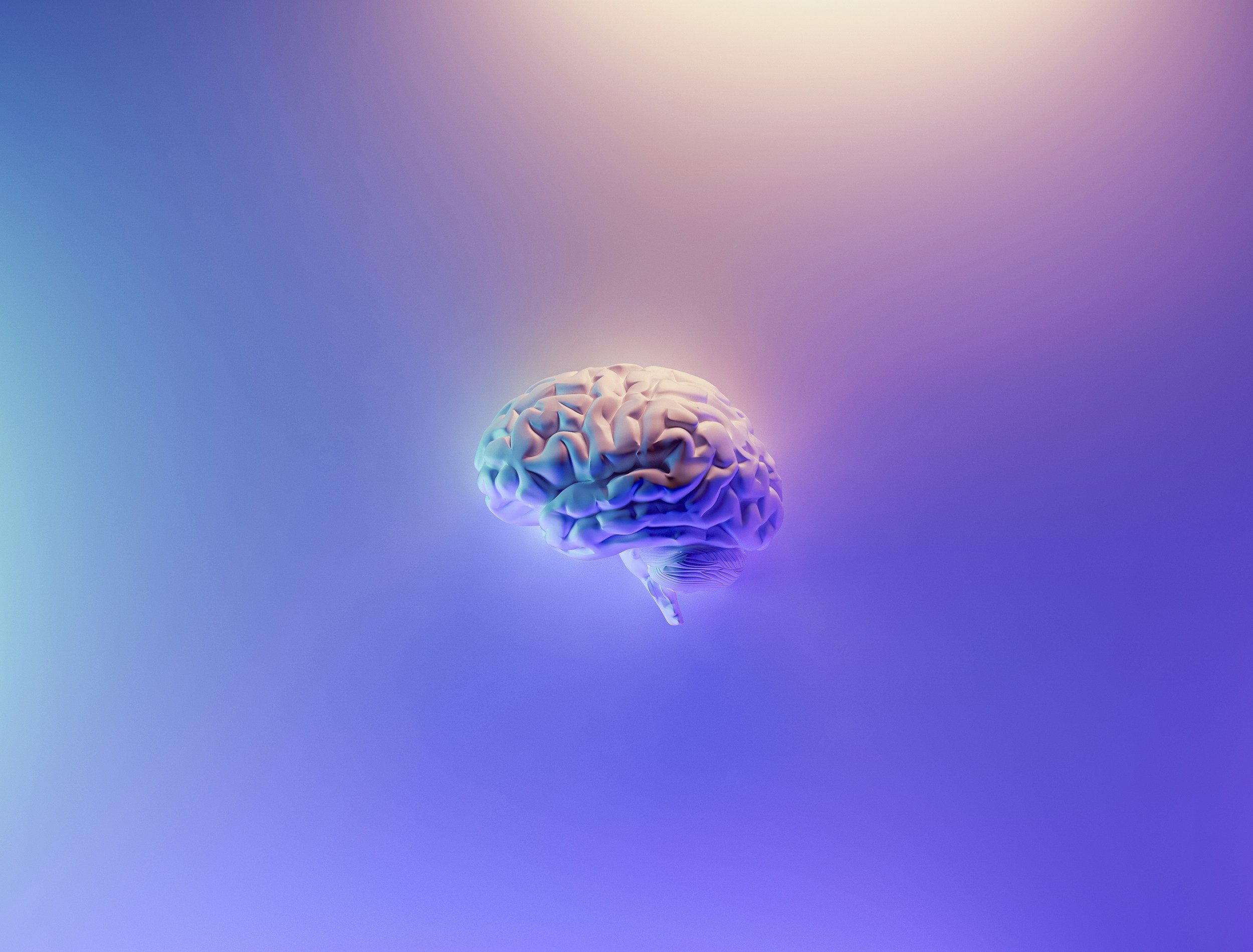Blog

The Damaged Prefrontal Cortex: Understanding Its Role in Addiction, Compulsions, and Cravings
Addiction is more than just a pattern of destructive behavior—it’s deeply rooted in the brain’s structure and function. One of the most critical areas affected by substance use and compulsive behaviors is the prefrontal cortex, the part of the brain responsible for decision-making, impulse control, and rational thinking. When this region becomes impaired, individuals struggle to regulate cravings, resist compulsive urges, and make long-term, healthy choices. As an addiction specialist, I want to explore how damage to the prefrontal cortex plays a pivotal role in addiction and recovery.

The Nucleus Accumbens: The Brain's Reward Center and Its Role in Addiction
As an addiction specialist, I often emphasize the importance of understanding the brain's intricate mechanisms to better grasp the nature of addiction. One of the most critical players in this process is the nucleus accumbens, a small yet powerful structure located deep within the brain. Often referred to as the brain's "reward centre," the nucleus accumbens plays a pivotal role in motivation, pleasure, and reinforcement learning. In this blog, we’ll explore its functions, its role in addiction, and how it influences behaviour .
